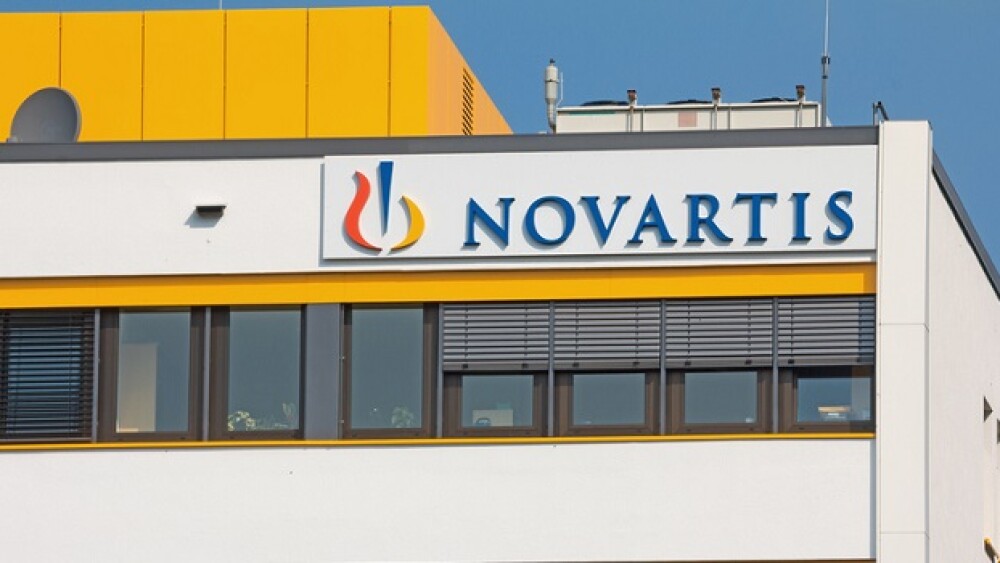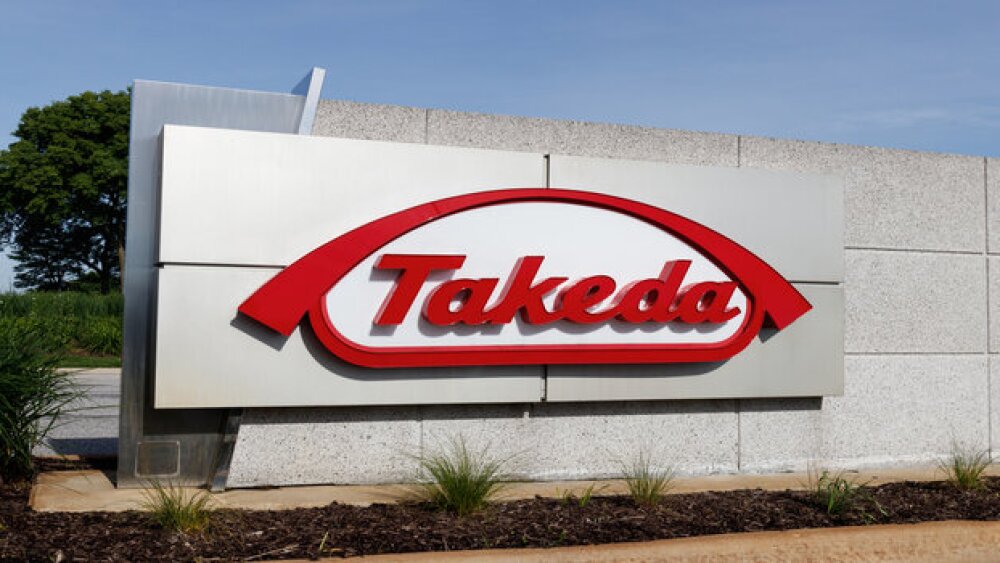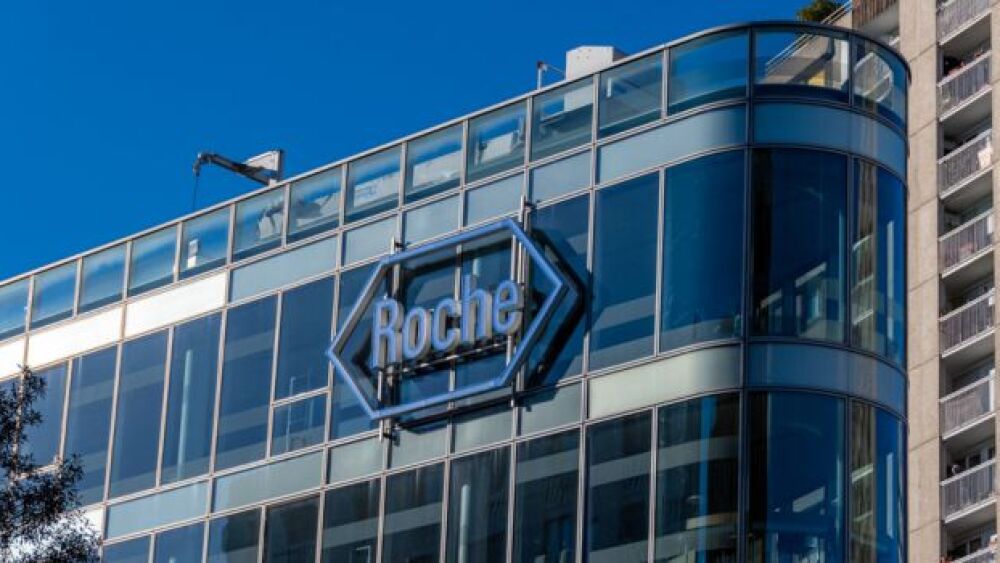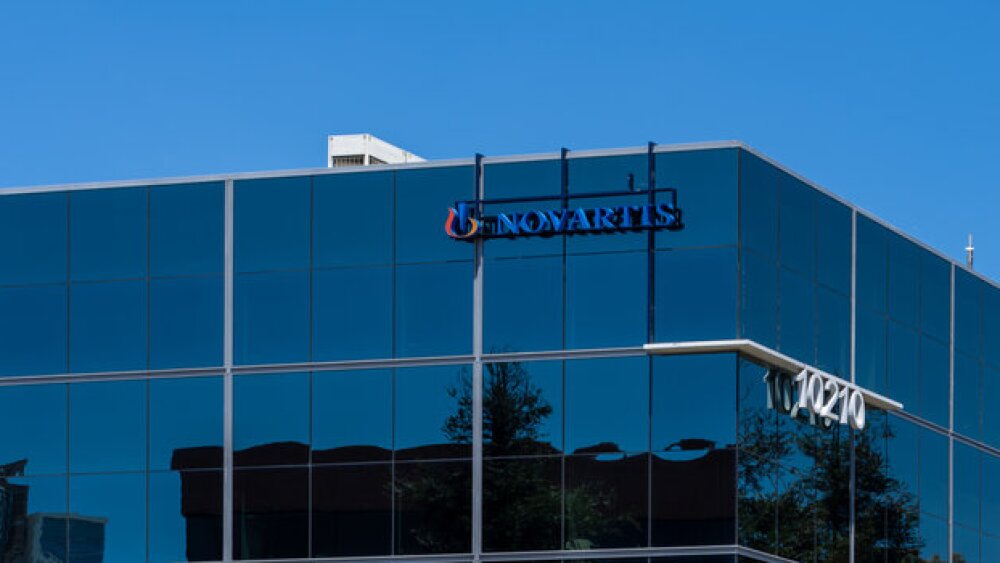All News
Novartis is seeking to prevent the entry of generics for its blockbuster heart failure drug Entresto, its top-selling asset that brought in more than $6 billion in net global sales last year.
The payment scheme will tie gene therapy payments to improvements in health outcomes—and could potentially boost the uptake of these sickle cell disease treatments.
In recent months Novo Nordisk has invested several billions of dollars to boost its manufacturing capacity—including its highly contested $16.5 billion merger with CDMO giant Catalent.
In this episode of Denatured, BioSpace’s Head of Insights Lori Ellis, Miguel Forte and Ali Pashazadeh discuss how a slow and steady pace is a continuation of the pattern we have seen throughout the last three years.
Based on how President-elect Donald Trump’s first administration handled immigration, experts are concerned about how his second term will impact foreign-born biopharma professionals. Two immigration attorneys discuss what may be ahead, including increased difficulty getting work visas.
One year after a potential $1.7 billion deal with Hansoh Pharma, GSK goes back to China to forge another alliance with DualityBio for another deal that could be worth up to $1 billion as it continues to build up its ADC portfolio.
The Danish startup, whose lead candidate has parallels to Amgen’s MariTide, launches on the heels of Amgen’s Phase II data release for the drug last week.
President-elect Donald Trump and his incoming administration are unlikely to attempt a wholesale restructuring of U.S. healthcare and could promote M&A activity, but controversial picks like Robert F. Kennedy could impact vaccine sales, experts say.
SURMOUNT-5’s results reflect those of multiple real-world studies, which have found that tirzepatide treatment results in stronger weight loss than semaglutide.
The agency’s warning letter outlines Applied Therapeutics’ failure to provide adequate information regarding the clinical trial—including a dosing error for govorestat—claims that the company said it had already addressed.
Amylin analogs present a strong alternative or complement to GLP-1 receptor agonists, potentially eliciting higher-quality weight loss with a cleaner tolerability profile.
Novartis, Gilead, Roche and Takeda commit to new partners in a spate of mid-sized collaborations this week. Meanwhile, Applied Therapeutics’ stock tanks 80% after govorestat is denied approval, Intra-Cellular Therapies seeks to expand Caplyta into major depressive disorder and the FDA investigates the safety of bluebird bio’s Skysona.
Not exactly known for its dealmaking, Sarepta Therapeutics has thrown down a massive wad of cash to work with Arrowhead Pharmaceuticals on RNAi-based medicines.
Intra-Cellular submitted its application to the FDA for Caplyta’s approval in major depressive disorder, potentially opening up an additional $1 billion in sales. Still, the stock remains “cheap,” according to Jefferies analysts.
Keros’ elritercept has shown promising efficacy signals in myelofibrosis and myelodysplastic syndromes and could pose a formidable challenge to Bristol Myers Squibb’s Reblozyl.
The collaboration will see COUR and Roche’s Genentech leverage the biotech’s antigen-specific immune tolerance platform to develop and commercialize therapies for an undisclosed autoimmune disease.
The deal with Tubulis will help Gilead regain its footing in the ADC space following the withdrawal of Trodelvy in bladder cancer and its late-stage fail in NSCLC.
At Drexel University’s Graduate School of Biomedical Sciences and Professional Studies, graduate students and active professionals can take interdisciplinary, career-oriented programs designed to help launch their careers and take them to the next level.
Alongside the layoffs, Alligator will also suspend work on all of its earlier-stage assets and devote its resources to lead candidate mitazalimab, being developed for the frontline treatment of metastatic pancreatic cancer.
Monday’s agreement comes days after PTC discontinued the development of another asset, utreloxastat, due to disappointing Phase II data in amyotrophic lateral sclerosis.




















